| ‘Tis the third day of Christmas and we should be due three French hens, to go with the two turtle doves and a partridge thus far accumulated. But our friends at Radio 4 Tweet of the Day have decided to offer us an alternative shopping list to pass our true loves’ way. Forget gold rings in these austere times, but greater riches are at hand: a different bird species for each day from Christmas Day till Epiphany. And what’s more, they’re all wild birds, none of your domestic fowl. So out go the three French hens and in come three moorhens. Click on the button for Radio 4's seasonal selection. |
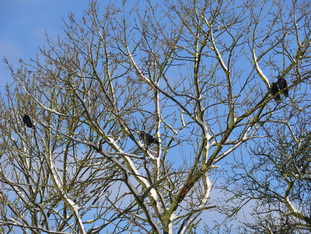 Four colley birds this morning, West Yorkshire (Laurence Rose)
Four colley birds this morning, West Yorkshire (Laurence Rose) As for yesterday’s two turtle doves, why were they not in Africa? The most obvious explanation for this minor ornithological howler is that if you have a crotchet, two quavers and another crotchet to worry about “two squabs” doesn’t really work. But why doves at all when the second day of Christmas has its own bird already?
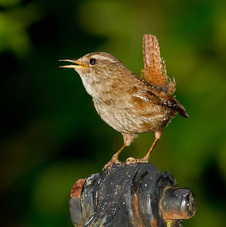 Wren ©Andreas Trepte/www.photo-natur.de
Wren ©Andreas Trepte/www.photo-natur.de But perhaps the turtle dove should remain in the song for, whatever it may have symbolised in the past, it is now a symbol of something unattainable. These days you’re hardly more likely to see this once common bird during the months it should be with us – April to August – than at Christmas.
It has been argued that the five gold rings once referred to pheasants, who bear a ring of white, not gold, feathers round their necks. But the oldest known published version of 1780 illustrates the lyric with five rings and no pheasants. The new BBC list goes for goldfinches at this point, and why not? From then on Radio 4 favours ornithological interest over any regard for a composer trying to set the lyrics:
Seven mute swans a-swimming
Eight nightjars a-milking....
Come again? Of course! The old superstition that the night-flying, wide-gaped nightjar stole our goats’ milk from the very udder. Clever.
Nine Andean cock-of-the-rock a-dancing
Ten manakin a-leaping
Eleven sandpipers piping....
Which just leaves my favourite – and I’ll explain why in a special Twelfth Night Re:Tweet – Twelve snipe a-drumming.
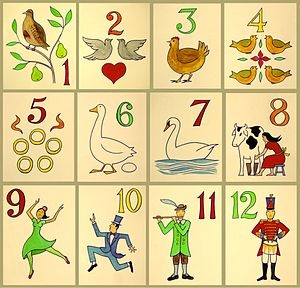

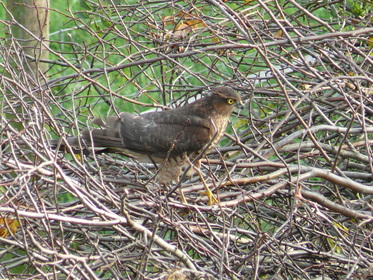
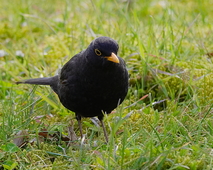

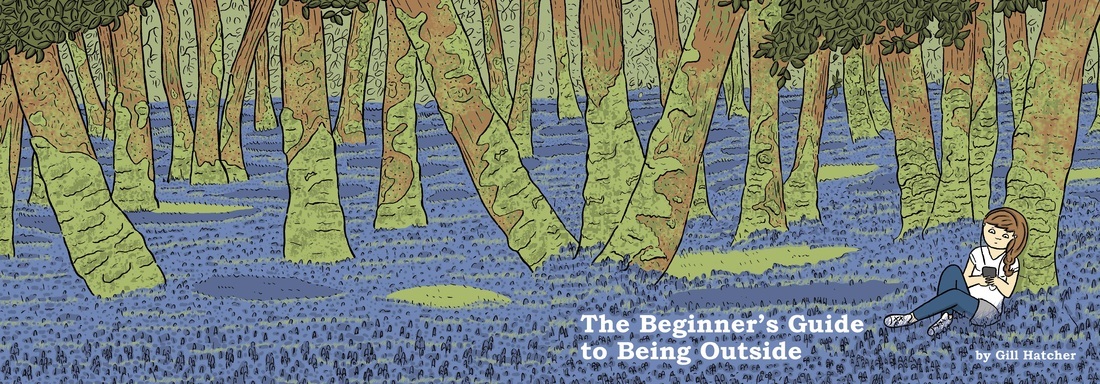

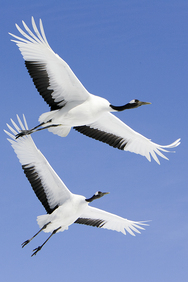
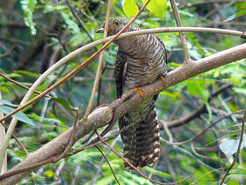

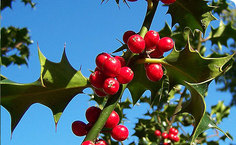
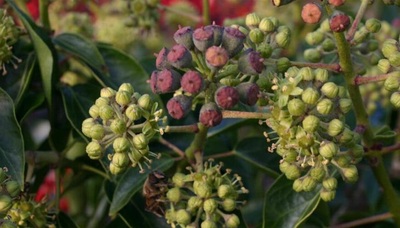
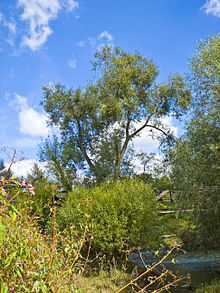
 RSS Feed
RSS Feed
